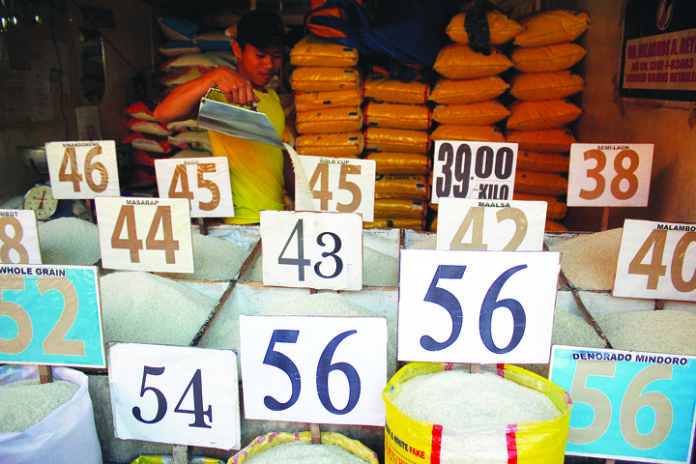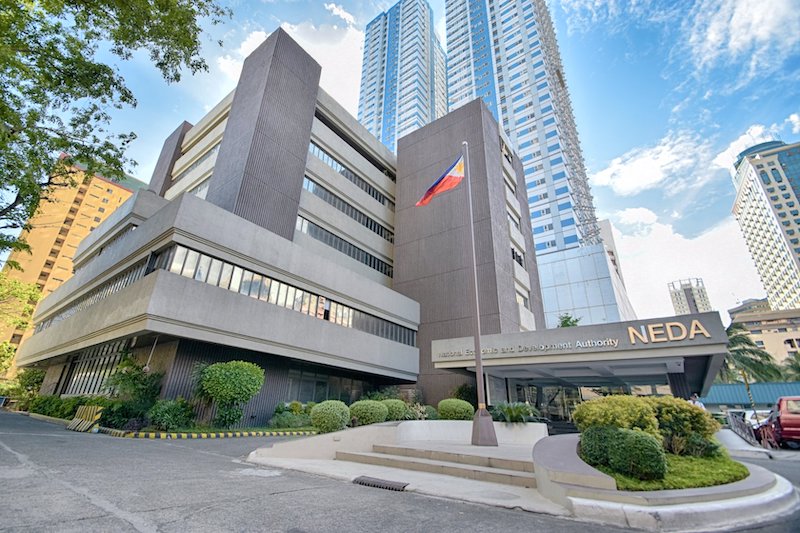TWO retired magistrates of the Supreme Court led the 11thgroup of petitioners seeking the scrapping of Republic Act 11479, or the Anti-Terrorism Act (ATA) for being “unconstitutional.”
Retired SC associate justices Antonio Carpio and Conchita Carpio-Morales, who also served as Ombudsman during the Aquino administration, together with members of the University of the Philippines Law faculty and alumni also sought the immediate issuance of a temporary restraining order (TRO) to enjoin the implementation of the law, which was signed by President Duterte on July 3, 2020 and took effect 15 days after.
The petitioners also sought the conduct of oral arguments to determine the merits of the multiple arguments against the constitutionality of the ATA.
The petitioners said the Court should declare the entire ATA, or Sections (3), 3(b), 3(h), 3(i), 3 (k), 3 (m), 4,5 to 12, 16, 25, 26, 27, 29, and 30, 34, 35 and 36, 45, 46, and 49 null and void for being unconstitutional.
They argued that there is an actual controversy ripe for adjudication of the Court because the mere enactment of the ATA poses an “unconstitutional curtailment of civil liberties and invalid intrusion into judicial prerogatives by the other branches of government.”
The petitioners claimed they are in imminent danger of prosecution due to the enactment of ATC.
The petition noted that Carpio was previously linked in the alleged “Oust Duterte Movement,” while petitioners from UP Law conduct classes that require discussions of the history, roots, and motivations of past and present societal movements like the Communist Party of the Philippines and past rebellions, as well as other controversial issues such as the West Philippine Sea and extrajudicial killings which may be misconstrued as “advocacy” or “inciting” terrorism under the ATA.
The petitioners said the definition of terrorism under ATA is both “vague and over breadth” that would allow law enforcers to arbitrarily and selectively enforce the law.
Section 4 on the definition of terrorism, according to the petitioners, contains a qualifier that supposedly protects advocacy and protests but is actually rendered meaningless by the succeeding phrase “which are not intended to cause death or serious physical harm to a person, to endanger a person’s life, or to create a serious risk to public safety.”
The ATA, according to the petitioners would promote an “arrest now, explain later” mentality.
“The vagueness of the provisions vests law enforcers with unbridled discretion to interpret the law and result in arbitrary and discriminatory enforcement as the wording of the law could be used for any hypothetical scenario,” the petition read.
“The lack of standards in the wording of the ATA enables malicious criminal prosecution of innocent right-holders. Unsuspecting citizens would second-guess their actions, chilling them into silence,” it added.
The petitioners added that the ATA illegally allows an executive body, the Anti-Terrorism Council (ATC) to encroach on a judge’s exclusive prerogative to issue arrest warrants.
The petition also assails the overbroad discretionary powers to wiretap private communication based on mere suspicion and in violation of the right against unreasonable searches and seizures, as well as the grant of unbridled discretion to the ATC to impose security classifications on all its records.
“In its fight against terrorism, the government must not be the source of terror and impunity itself. We must never let reason continue to escape us,” Morales said.
Retired Justice Carpio added: “The Constitution declares that the right of the people ‘to be secure in their persons xxx against unreasonable xxx seizures of whatever nature and for any purpose’ shall be ‘inviolable.’ To guarantee this, the Constitution erected two fortresses: the first fortress is that only a judge can issue warrants of arrests; the second fortress is that warrants of arrest must be issued only upon probable cause. What has the ATA done? The ATA has demolished both and reinstated the ASSOs [Arrest, Search and Seizure Order] of the martial law era. Section 29 of the ATA begins with the tell-tale heading Detention Without Judicial Warrant of Arrest.”
Carpio and Morales are joined by Constitutional Law professors from the University of the Philippines, College of Law: Associate Dean and Institute for Maritime Affairs and Law of the Sea Director Jay L. Batongbacal, Institute for the Administration of Justice Director Dante B. Gatmaytan, former Supreme Court Public Information Office chief Theodore Te, and Senior Professorial Lecturers Victoria V. Loanzon and Anthony Charlemagne C. Yu in the petition.
Other co-petitioners include former Magdalo Party-list Representative and Security Analyst Francisco Ashley L. Acedillo and incumbent UP Student Council councilor Tierone James M. Santos.
They were represented by UP Professors Luisito Liban, John Molo and Gwen de Vera and assisted by lawyer Darwin Angeles.
Liban is a former senior partner of Sycip Salazar Hernandez and Gatmaitan, who previously argued the constitutional challenge against the Reproductive Health Law.
De Vera, for his part, has appeared in several Supreme Court cases and is a former Dean of the Manuel L. Quezon School of Law. Molo has argued several landmark cases before the Supreme Court, including Belgica v. Ochoa which declared the pork barrel unconstitutional.



























